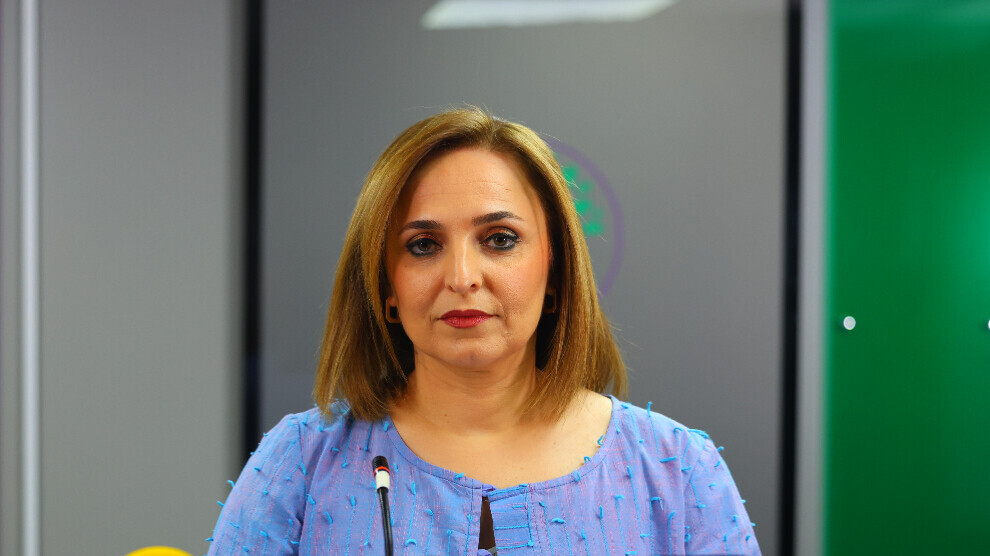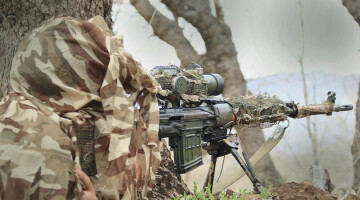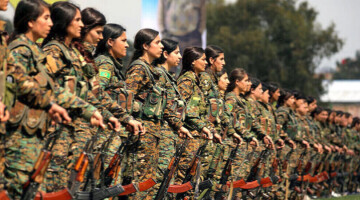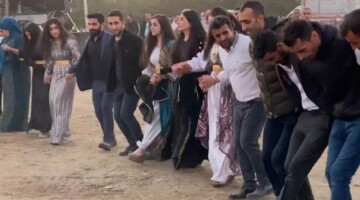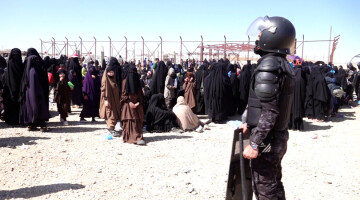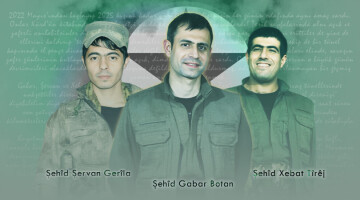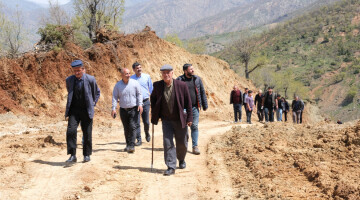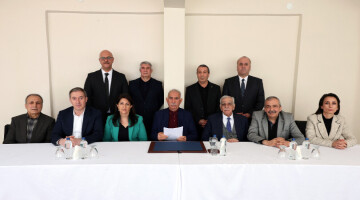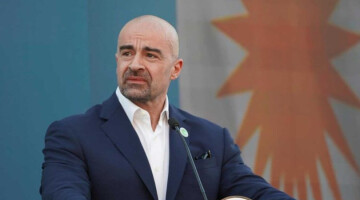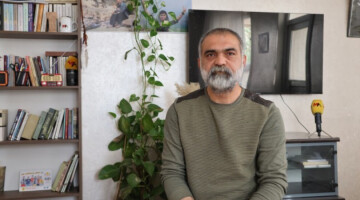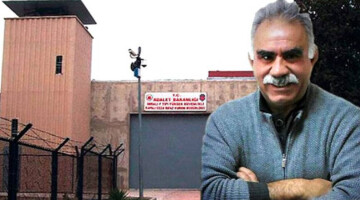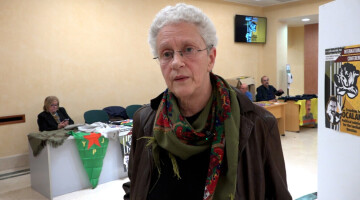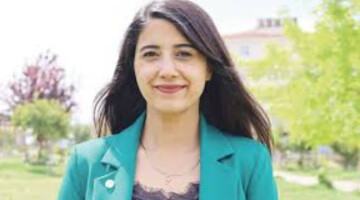DEM spokeswoman Ayşegül Doğan warned at a press conference in Ankara of the increase in anti-Kurdish racism in Turkey. The politician pointed to the recent arrests and detentions of Kurds in various provinces of Turkey and explained that an operation had been launched to specifically search for recordings of Kurdish weddings and events. "Some of these recordings are recent, others are from the past. Women and young people are being arrested for dancing to Kurdish songs. Dozens of people are now in prison because of this."
The procedure criminalizes Kurds in their everyday lives, said Doğan, adding: "Apparently there is a new criminal offense here: being Kurdish is a crime. They are not allowed to speak their language, dance their dances, and be elected to political office."
"Bijî Serok Apo" describes a social reality
Among other things, those affected are accused of chanting slogans, such as the slogan "Bijî Serok Apo". “This slogan – said the politician - describes a social reality and does not constitute a criminal offense. There are corresponding rulings by the Constitutional Court, the Court of Cassation and the European Court of Human Rights in which the chanting of this slogan is considered to be part of freedom of expression."
Doğan accused the government of anti-Kurdish racism and said: "This incitement is damaging the social peace that we need more than anything else. We call on those responsible to talk about a solution instead of pursuing a policy that makes a solution impossible. You can criminalize the slogan 'Bijî Serok Apo', but you cannot prohibit the fact that Mr Öcalan has campaigned for a solution to the Kurdish question and plays a fundamental role. This fact cannot be denied. Previous governments have already failed with this policy of banning. We as the DEM party would like to remind people of this. What characterizes our policy is our persistent struggle. We pay a high price for it, but we will not give up the fight for equality and justice."
Clothing, slogans and colors are banned in Turkey, it is not just the Kurdish round dance govend that is criminalized, the DEM spokeswoman said, adding: "In the areas predominantly inhabited by Kurds, i.e. in Kurdistan, Kurdish traffic signs are not tolerated either. We have known this since the 1990s. The colors green-yellow-red were banned for years. Clothing, slogans and colors are banned. Who has benefited from this? We appeal to the government alliance not to use the Kurds to wage its power struggle and not to divide society. This division is dangerous and must be ended immediately. The innocent people arrested must be released immediately."

